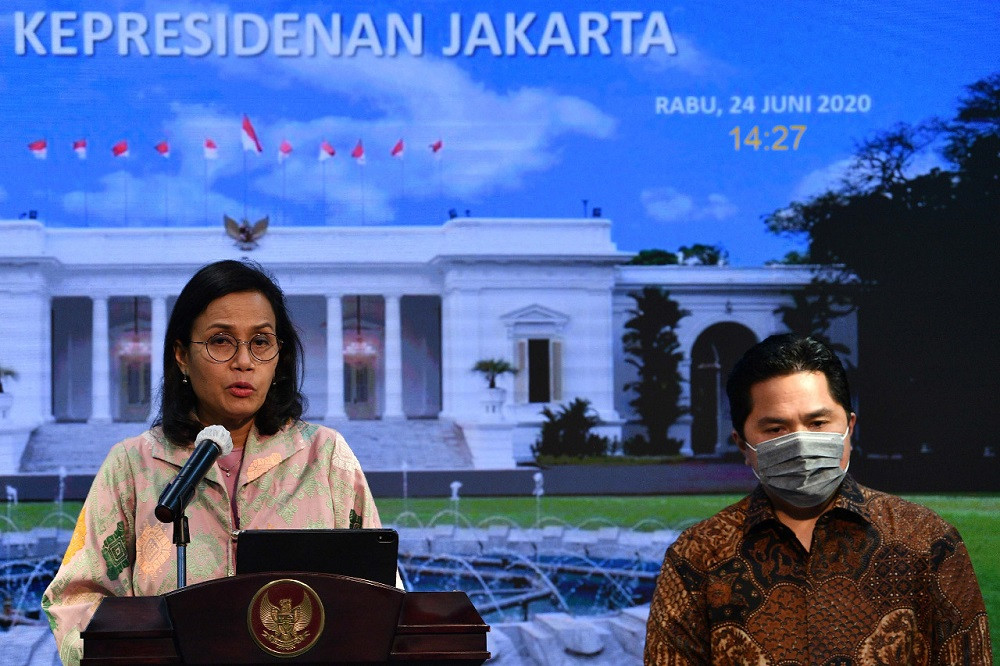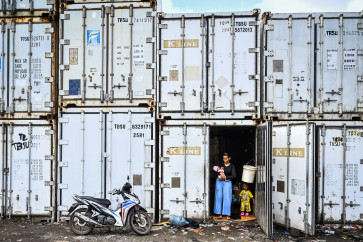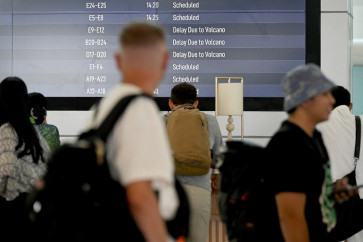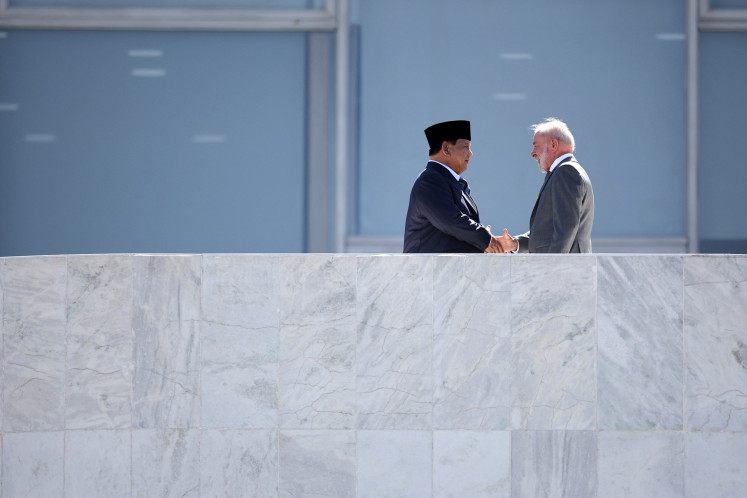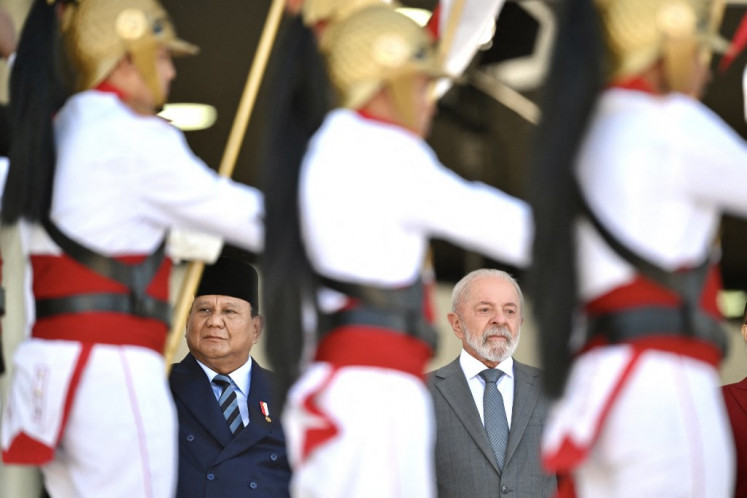Popular Reads
Top Results
Can't find what you're looking for?
View all search resultsPopular Reads
Top Results
Can't find what you're looking for?
View all search resultsAdministrative issues hamper COVID-19 budget disbursement: Sri Mulyani
Sri Mulyani admitted that the stimulus spending was still slow to take effect on the economy due to the operational challenges.
Change text size
Gift Premium Articles
to Anyone
S
everal administrative issues have hampered the government’s efforts to disburse COVID-19 funds swiftly, Finance Minister Sri Mulyani Indrawati has said, as economists push the government to quickly channel the funds to avoid slowing economic recovery.
Sri Mulyani admitted that the stimulus spending was still slow to take effect on the economy due to the operational challenges.
“The stimulus is currently in the early stage and we will improve [disbursement] to speed up spending,” she said on Monday, urging ministries and government agencies to accelerate spending in a bid to bolster the economy.
Disbursement of the COVID-19 budget for the healthcare sector, for instance, stood at less than 5 percent so far, she added. The Health Ministry has encountered problems in verifying the hospitals, the doctors’ names and their area of duty, meaning that not all frontliners had received government incentives, among other issues.
“On that basis, the administrative and verification process remain obstacles [in disbursing the funds],” Sri Mulyani stressed.
In a video released on Sunday by his press office, President Joko “Jokowi” Widodo highlighted the slow disbursement of the government’s COVID-19 response budget as he called on his ministers to go the extra mile to accelerate the implementation of pandemic policies.
“All the money that’s supposed to be for the people is stuck,” he said, telling his ministers to disburse the healthcare budget and the much-anticipated social aid program in an uncharacteristically angry speech.
The government has allocated Rp 695.2 trillion (US$49.3 billion) from the state budget to fund its fight against the coronavirus. The funds are allocated to strengthen the healthcare system and bolster the economy during the virus-induced economic downturn, among other things.
According to Finance Ministry data, the government had only spent 4.68 percent of Rp 87.5 trillion (US$6.09 billion) allocated for the healthcare sector as of Monday, while spending on social assistance reached 34.06 percent of the Rp 203.9 trillion budget.
Meanwhile, the government has also spent 22.74 percent of the Rp 123.46 trillion allocated to incentives for micro, small and medium enterprises (MSMEs) as it placed Rp 30 trillion in state-owned banks to boost loan disbursement for businesses.
The government has also spent 10.14 percent of the Rp 120.6 trillion allocated to tax incentives, and 4 percent of the Rp 106.1 trillion allocated to be used as stimulus for regional governments.
“We will track the stimulus spending so that it will go to those who need it most,” Sri Mulyani said on Tuesday. “This is aimed at addressing the economic impact of the pandemic and therefore the possibility of socioeconomic recovery will be bigger.”
Economists have long pushed the government to swiftly disburse the allocated funds as various data indicate weakening private consumption and cooling business activity as the pandemic unfolds.
Statistics Indonesia (BPS) announced Wednesday that inflation stood at 1.96 percent year-on-year (yoy) in June, a 20-year low and below Bank Indonesia’s (BI) target range of between 2 and 4 percent for the year. BPS head Suhariyanto told reporters last month that this year’s low inflation was due to weaker purchasing power as the pandemic reined in consumer demand.
Meanwhile, falling imports in all goods categories of more than 40 percent in May point to lower demand and weaker manufacturing activities as well as investment.
“Fiscal authorities must be more aggressive in spending their budget to jump-start the economy in the near term,” Bank Central Asia (BCA) economist David Sumual told The Jakarta Post last week, adding that government spending should grow by double digits this year to prevent a greater economic downturn.
Bank Permata economist Josua Pardede urged the government on Tuesday to speed up spending to bolster the economy. He warned that slow disbursement might hinder economic recovery.
The government expects Indonesia’s economy to shrink 3.8 percent in the second quarter this year and rebound in the subsequent quarters as it began reopening the economy despite a surge in virus cases.
It now expects full-year growth of 1 percent in the baseline scenario or contraction of 0.4 percent in the worst-case scenario.

